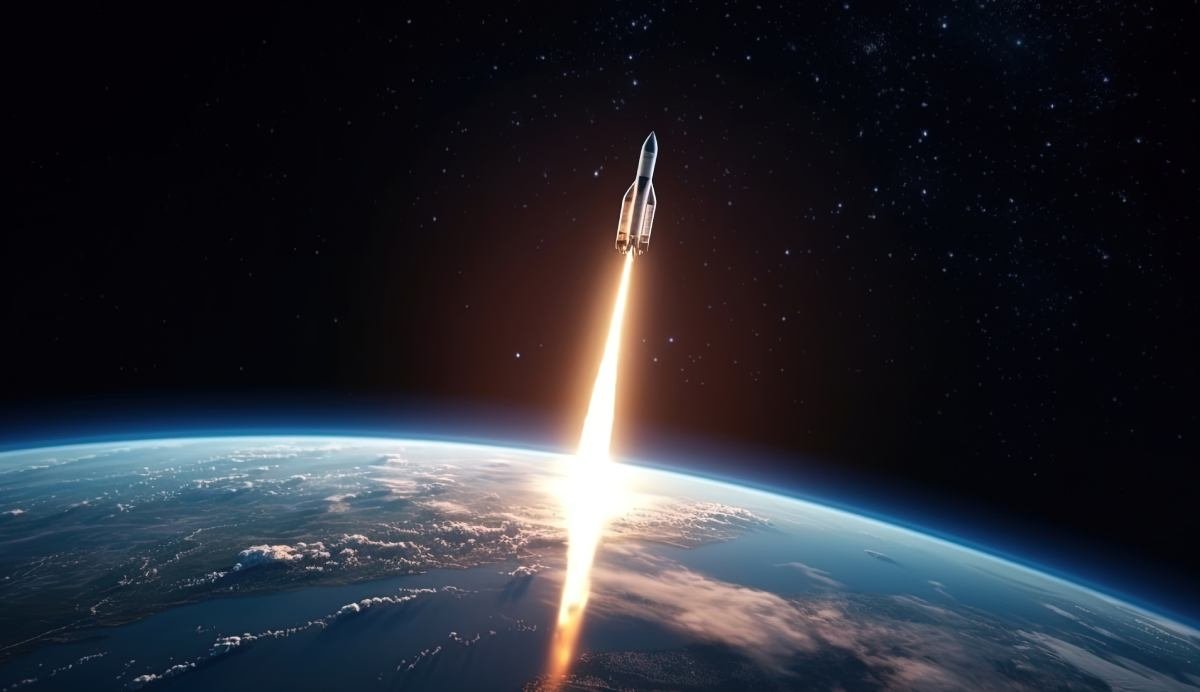Space exploration has captivated humanity’s imagination for centuries, fueling a quest to understand the mysteries of the universe and uncover the secrets of distant planets and celestial bodies. From pioneering missions to Mars and beyond, to unraveling the cosmos’ deepest mysteries, the exploration of space continues to push the boundaries of scientific discovery and inspire generations. In this article, we’ll embark on a cosmic journey to explore space exploration missions, planetary discoveries, and the future of humanity’s exploration beyond Earth.
1. The Fascination with Space Exploration
1. Historical Milestones
Reflect on significant milestones in space exploration history, from the Apollo moon landings to the launch of space probes like Voyager and Hubble.
2. Advancements in Technology
Explore how advancements in space technology, robotics, and spacecraft design have revolutionized our ability to explore distant planets and deep space.
3. International Collaboration

Highlight the importance of international collaboration in space exploration, with organizations like NASA, ESA, SpaceX, and other global space agencies working together on ambitious missions.
2. Missions to Mars and Beyond
1. Mars Rovers and Landers
Follow the journeys of Mars rovers like Curiosity, Perseverance, and Insight as they explore the Martian surface, conduct experiments, and search for signs of past life.
2. Human Exploration Goals
Learn about plans for human missions to Mars and the challenges of long-duration space travel, habitat construction, and sustaining life on another planet.
3. Exoplanet Discoveries
Discover the latest discoveries of exoplanets — planets orbiting stars outside our solar system — and what they reveal about the diversity of planetary systems in the universe.
3. Mysteries of the Universe
1. Black Holes and Neutron Stars
Explore the enigmatic phenomena of black holes and neutron stars, their formation, properties, and the role they play in shaping galaxies and the cosmos.
2. Dark Matter and Dark Energy
Investigate the mysteries of dark matter and dark energy, which make up the majority of the universe’s mass and energy but remain largely invisible and poorly understood.
3. Cosmic Origins
Delve into theories about the origin of the universe, including the Big Bang theory, cosmic inflation, and the formation of galaxies, stars, and planetary systems.
4. Future of Space Exploration
1. Space Telescopes and Observatories
Discover how space telescopes like Hubble, James Webb Space Telescope (JWST), and future observatories are expanding our understanding of the universe and detecting distant galaxies and cosmic phenomena.
2. Space Tourism and Commercial Spaceflight
Explore the emerging industry of space tourism and commercial spaceflight, with companies like SpaceX, Blue Origin, and Virgin Galactic offering opportunities for civilians to experience space travel.
3. Sustainability in Space
Discuss the importance of sustainable practices in space exploration, including space debris management, resource utilization on other planets, and environmental considerations for long-term space missions.
Conclusion
The exploration of space and planets represents humanity’s quest for knowledge, discovery, and understanding of the universe. From exploring Mars to unraveling the mysteries of black holes and searching for habitable exoplanets, space exploration continues to push scientific boundaries and inspire future generations of scientists, engineers, and explorers. As we look to the stars and beyond, the future of space exploration promises new discoveries, innovative technologies, and opportunities to expand our horizons and explore the cosmos. Join the cosmic journey of space exploration and embark on a voyage of discovery and wonderment.

